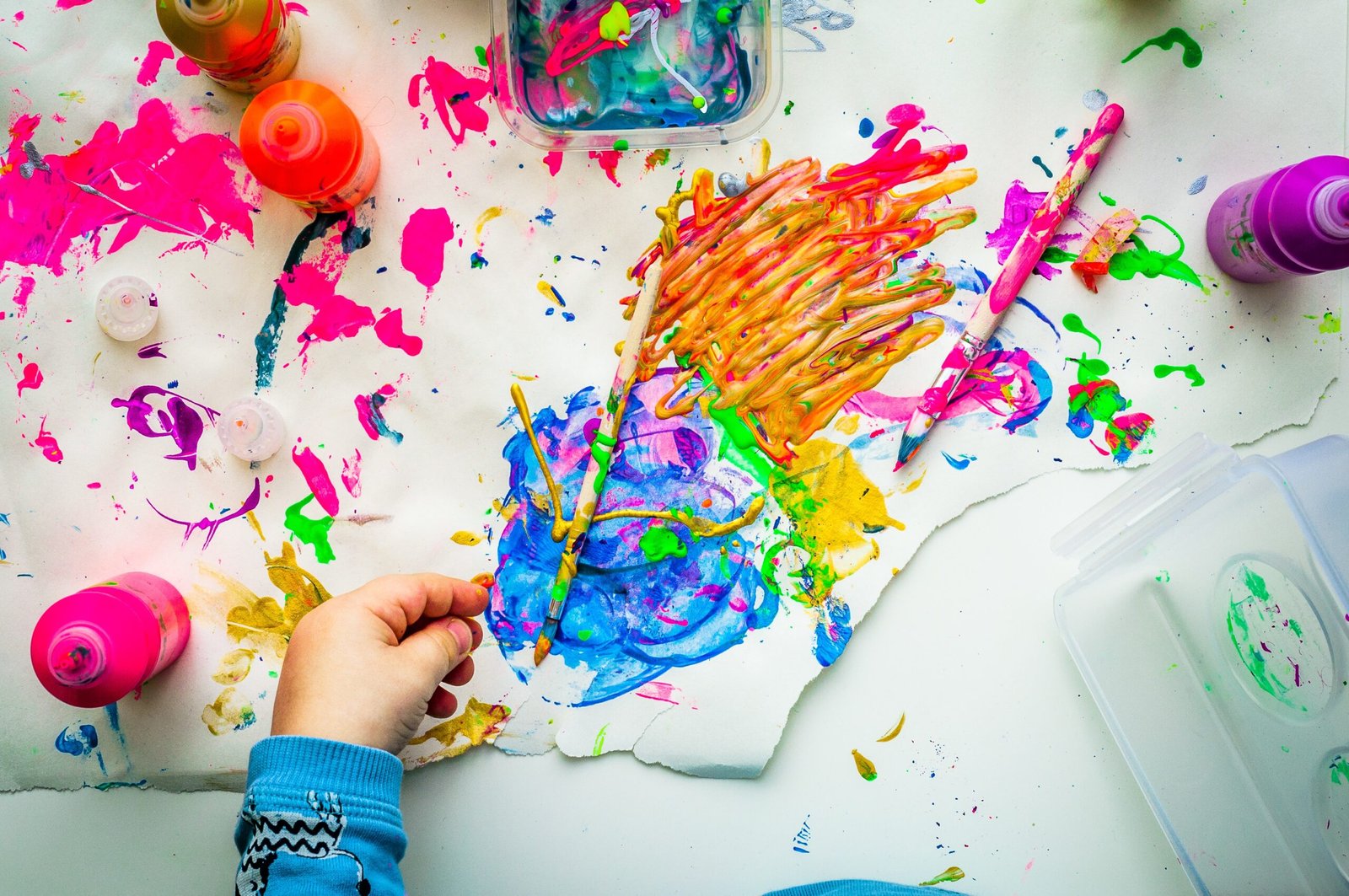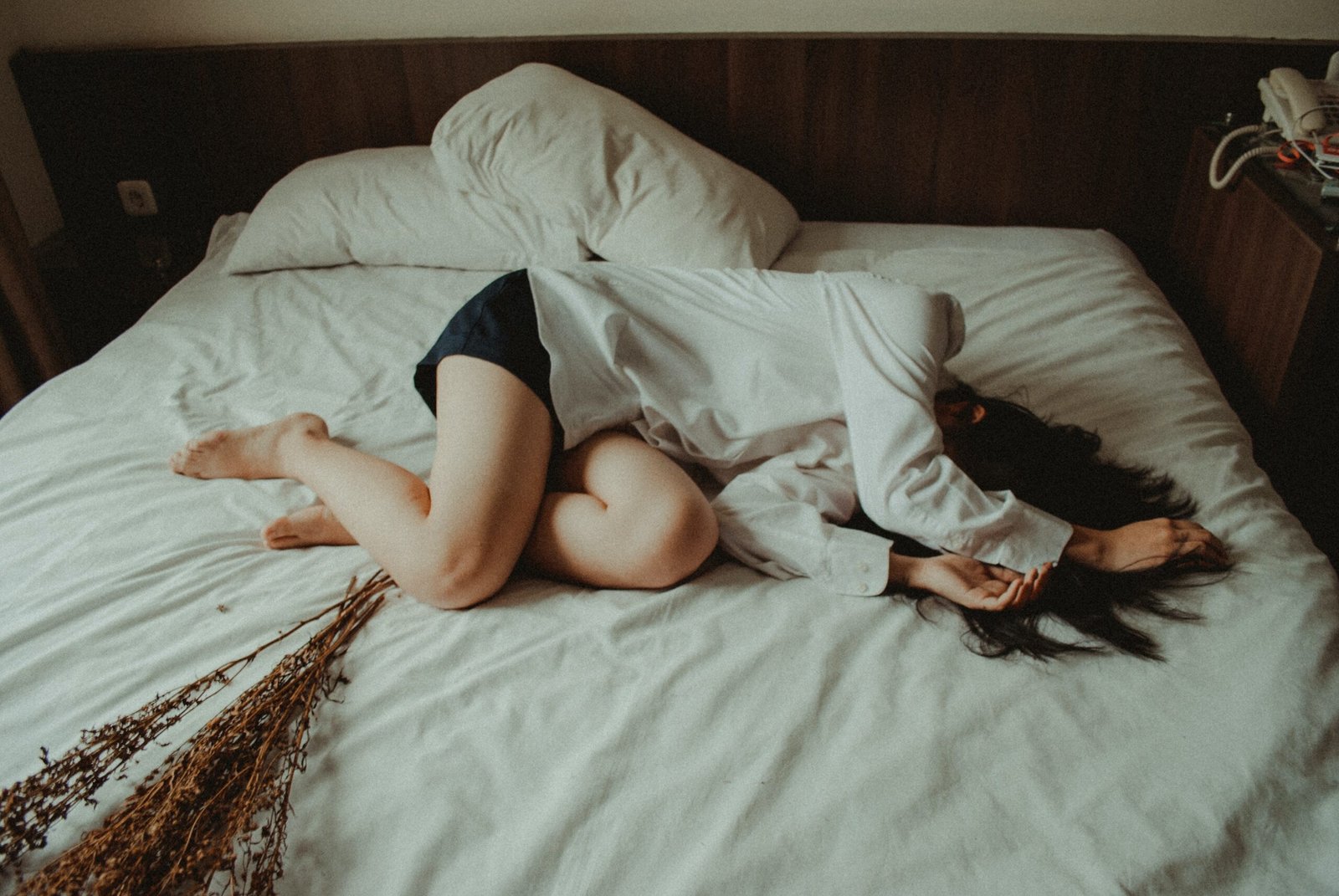The Transformative Power of Art and Music in Mental Health Therapy
Introduction:
Imagine being able to express your deepest emotions, heal from past traumas, and find solace in creativity. This is the transformative power of art and music in mental health therapy. In recent years, there has been a growing recognition of the significant role that art and music play in enhancing mental well-being. From reducing anxiety and depression to improving self-esteem and fostering self-expression, the therapeutic benefits of engaging with art and music are undeniable.
The Influence of Art:
Art therapy, a form of psychotherapy, utilizes various art forms such as painting, drawing, and sculpting to help individuals explore their emotions, heal from trauma, and develop coping mechanisms. Through the creative process, individuals can externalize their thoughts and emotions, making them more tangible and easier to understand.
Research has shown that art therapy can be particularly effective in treating conditions such as post-traumatic stress disorder (PTSD), depression, and anxiety. For example, a study published in the Journal of Traumatic Stress found that art therapy significantly reduced symptoms of PTSD in veterans. The act of creating art allows individuals to express and process their traumatic experiences in a safe and non-verbal way.
Furthermore, art therapy has been shown to improve self-esteem and self-awareness. By engaging in the creative process, individuals can gain a sense of accomplishment and develop a better understanding of their own emotions and experiences. This can be especially beneficial for those struggling with low self-esteem or a negative self-image.
The Impact of Music:
Just as art can be a powerful tool for emotional expression, music has the ability to deeply affect our mood and well-being. Music therapy, another form of psychotherapy, uses music and sound to address physical, emotional, cognitive, and social needs.
Studies have demonstrated the positive impact of music therapy on a variety of mental health conditions. For instance, a meta-analysis published in the Journal of Music Therapy found that music therapy significantly reduced symptoms of depression and anxiety in individuals with various mental health disorders.
Music therapy can also help individuals manage stress and improve their overall emotional well-being. Listening to calming music or engaging in active music-making can activate the relaxation response in the body, reducing stress hormones and promoting a sense of calm.
Current Trends and Latest News:
As the field of mental health therapy continues to evolve, new trends and approaches have emerged that further highlight the importance of art and music. One such trend is the integration of technology in therapy sessions. Virtual reality (VR) and augmented reality (AR) are being used to create immersive art and music experiences, allowing individuals to explore their emotions in a unique and engaging way.
Another emerging trend is the use of group art and music therapy. Group sessions provide a supportive and collaborative environment where individuals can connect with others who share similar experiences. This sense of community can be incredibly empowering and can enhance the therapeutic benefits of art and music.
FAQs:
Q: How long does art or music therapy typically last?
A: The duration of art or music therapy sessions can vary depending on the individual’s needs and goals. Some therapy sessions may be as short as 30 minutes, while others may last for an hour or more. The frequency of sessions can also vary, with some individuals attending weekly sessions and others opting for less frequent sessions.
Q: Do I need to have artistic or musical talent to benefit from art or music therapy?
A: No, artistic or musical talent is not necessary to benefit from art or music therapy. The focus is on the process of creation and self-expression, rather than the end result. The therapist will guide and support you throughout the process, regardless of your skill level.
Q: Can art or music therapy be used in conjunction with other forms of therapy?
A: Yes, art or music therapy can be used as a complementary approach alongside other forms of therapy. It can enhance the effectiveness of traditional talk therapy and provide additional avenues for self-expression and healing.
Tips:
– Incorporate art or music into your daily routine as a form of self-care.
– Explore different art forms or music genres to find what resonates with you.
– Join a local art or music therapy group to connect with others and share your experiences.
– Experiment with different art materials or musical instruments to discover new ways of expressing yourself.
Conclusion:
The influence of art and music on mental health therapy is undeniable. Through the creative process, individuals can find healing, self-expression, and a deeper understanding of themselves. Whether it’s through painting, sculpting, or listening to music, the transformative power of art and music can positively impact mental well-being. So, why not explore the world of art and music therapy and unlock your own creative potential?
Call to Action:
Share this article with others who may benefit from the transformative power of art and music in mental health therapy. Together, we can spread awareness and support the integration of these therapeutic approaches into mainstream mental health care.









